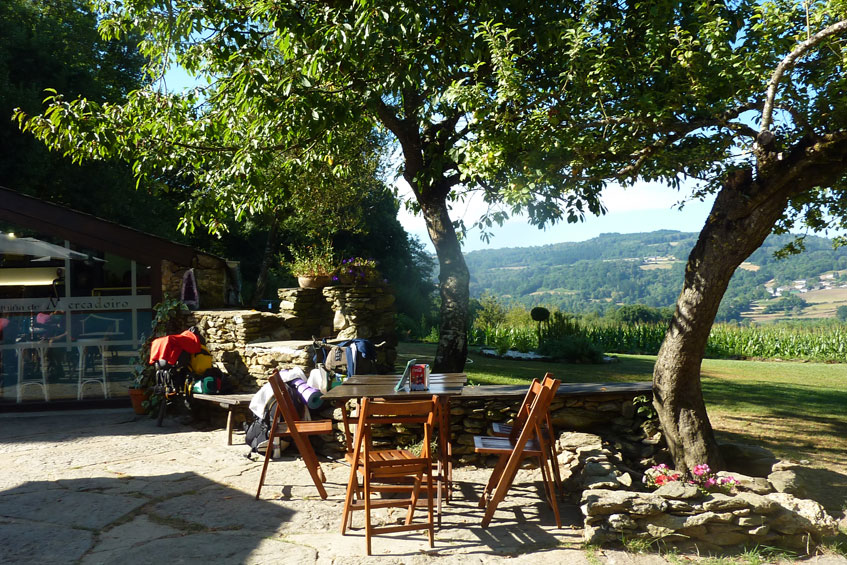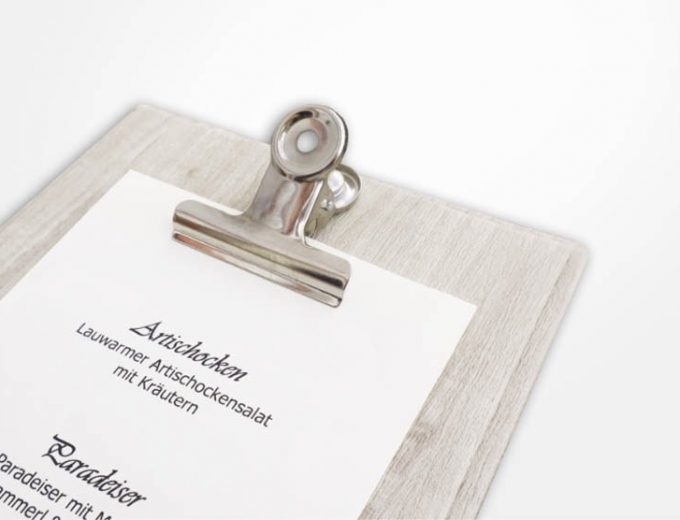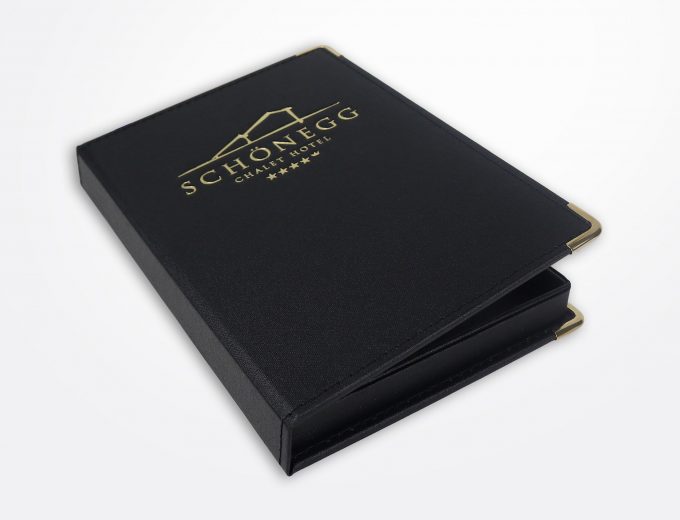Inns are places for authentic Austrian inn culture

The “St. Peter Stiftskeller” in Salzburg lays claim to the prestigious title of the oldest restaurant in Europe, perhaps even the whole world. The history of the “Stiftskulinarium”, as it is known today, is a reflection of the evolutionary development of gastronomy. This institution not only embodies a cultural institution, but is also closely interwoven with social progress.
It is historically documented that the cellar received official permission to serve beer in 1803 and by then had established itself as a wine bar where only wine produced by the monks was served. I wonder if there were already menus and drinks lists back then?
The “Stiftskulinarium” is in competition for the title of oldest inn, among others with the “Röhrl” in Eilsbrunn, Germany, which has been run by the same family since 1638.
The originally down-to-earth cuisine of the St. Peter Stiftskeller has developed into a meeting place for gourmets. In addition to traditional dishes such as boiled beef and creamed veal goulash, guests can now also find upscale dishes such as Ikarimi salmon or “Vitello Garnelo” on the wooden menus.

The garden of an inn provides shade
The pub culture, once flourishing, is struggling with challenges today: Social changes, changes in mobility and eating habits, alcohol limits and the smoking ban are putting pressure on it.
Modern gastronomy concepts and international cuisines are competing with traditional restaurants, leading to a decline in investment, innovation and ultimately guests. As a result, the number of pubs is continually dwindling.
The virtue of hospitality
However, the original function of the inns, to offer travelers accommodation (what did the hotel folders look like back then?) and food and to serve as places of hospitality and exchange, remains a tradition worth preserving.
People from all walks of life, from large farmers to mayors, met at the regulars’ table and made decisions of political significance. Inns became central social meeting places in rural areas, where clubs and teams gathered.
The feeling of being “at home” in the pub illustrates the close-knit community. The landlord, central to the get-together, cultivates hospitality and runs his business with charm and experience. Many inns, often family-owned for generations, are faced with the problem of a lack of succession.
The menu is often the centerpiece of a restaurant and defines its character through the selection of Austrian classics in excellent preparation.
Soup, schnitzel, beer
Certain dishes are essential for the menus of inns: an excellent beef soup, schnitzel, offal, typical bell pepper dishes such as goulash or paprika chicken and the Sunday roast, always freshly prepared. A good selection is more important than an extensive menu that may contain every guest’s favorite dish.
Authentic Austrian cuisine, which requires a lot of work and craftsmanship, is becoming increasingly rare. In addition, the prices in a traditional pub must be such that everyone can afford the food. This demand increases the pressure on restaurateurs, similar to the situation of Viennese coffee houses, where the financial model of the past is no longer sustainable.
In addition to typical dishes – and drinks menus – the core of Austrian pub culture also includes bread culture, which is often neglected, and a strong beer tradition. A traditional pub is characterized by a range of high-quality Austrian premium beers that are tapped with care and topped off with an appealing head. Wine lists are also a must.
All host well
The traditions of Austrian pub culture are alive and well in towns and communities across the country. Many innkeepers, deeply rooted in their local area, may not become famous everywhere, but some become true institutions. Landlord Christian Grünauer, for example, attaches great importance to offering dishes in the “Grünauer” that suit his own taste, which makes him a true host.
Formerly known as a soup bar with the oldest bowling alley in Vienna and a chicken grill, the historic ambience of the “Appiano” has been preserved despite its changed use. Owner Hannes Pruscha offers regular guests authentic classics such as fried chicken, Grammelknödel dumplings and Powidltascherl in a family-friendly environment.
The “Zur Sonne” restaurant in Tulln also offers down-to-earth cuisine. In Upper Austria, the “Keplingerwirt” in St. Johann am Wimberg and the “Schloss Hochhaus” in Vorchdorf are popular places to go. In Birkfeld, Styria, the “Gallbrunner” convinces with perfectly prepared roast pork from the wood-fired oven.
In Leogang, Salzburg, the “Kirchenwirt” has stood for first-class restaurant culture for six generations. The Reitbauer family’s “Steirereck am Pogusch” in Styria also defines itself as an inn and impressively demonstrates the diversity of this term. The list could go on and on – proof of the abundance of excellent restaurants.

Cosiness and hospitality are very important in Austrian inns
Rescue is near
More and more initiatives are committed to continuing this tradition. Innkeepers who offer regional and traditional dishes can receive financial support. In Vienna, the Chamber of Commerce is launching an image campaign to raise awareness.
In other regions, citizens intervene themselves, such as in Hochneukirchen in the Bucklige Welt in Lower Austria, where a cooperative was founded to reopen the old inn in the village, the “s’Hutwisch”. Citizens were able to become shareholders for 150 euros, and shortly after the initiative was launched, the inn was successfully reopened.
Smaller but nice, please
There is another wish for contemporary hosts: they should free themselves from the pressure of large portions. Small portions in traditional style offer gourmets the opportunity to taste their way through several courses, similar to fine dining. This corresponds to a modern understanding and could be a gap in the market.
Conclusion
Austrian pub culture, confronted with social and economic change, retains its deep significance for identity and community despite challenges. Initiatives for preservation and adaptation to modern needs show the living tradition and the necessity of its continuation. Inns remain indispensable centers of culture and cohesion.
Contact us
Are you interested in our cards? Contact us, we will advise you without obligation and will be happy to help you choose your cards. We are looking forward to it!
 Menus
Menus  Wine lists
Wine lists  Boards
Boards  Hotel folders
Hotel folders  Invoice folders
Invoice folders 